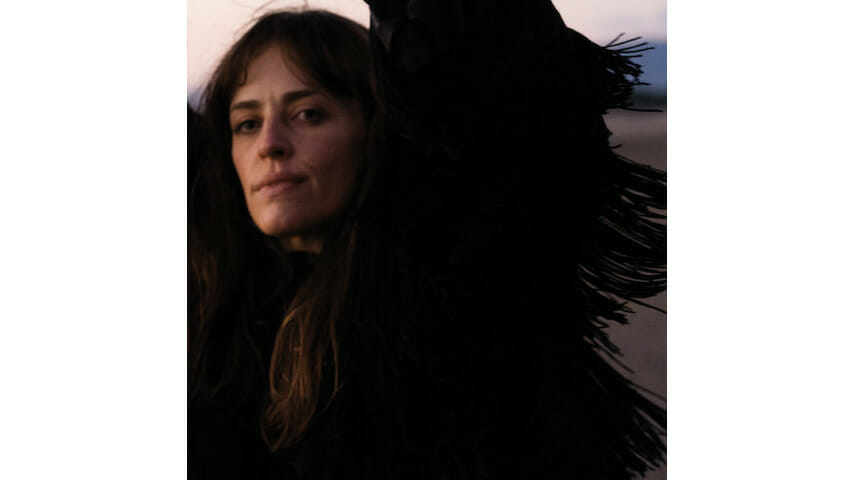Heather Woods Broderick: Invitation

Toward the end of “A Stilling Wind,” the opening track on Heather Woods Broderick’s Invitation, a familiar literary figure makes a brief appearance. Broderick sings, amidst an eddy of dramatic cello and violin bowing, “In the cold moon lighting the night-filled bay / I saw the white hare: ‘Oh dear I will be too late.’” In Lewis Carroll’s Alice in Wonderland—and in Jefferson Airplane’s acid-fueled riff on it, “White Rabbit”—the white hare represents a choice between safety and curiosity. To stay above ground and keep living an unexamined life, or to plunge underground toward new depths of spiritual and sensory discovery? Like Alice, like Grace Slick, Broderick says “yes” and follows the white hare, though on Invitation, the choice leads to an exploration of emotional—rather than fantastical or psychedelic—novelty. As the album goes on to prove, curiosity supplies more than a doorway to new experiences. It also builds the foundation for an ethical orientation toward the world, for a truly curious person does the hard work of interrogating the core of her selfhood in order to treat everyone (including herself) better.
As Broderick’s lyrics suggest, this does not seem to have been easy work. But the landscape in which she wrote the album (the Oregon coastline) and her expansive musical imagination (informed by classical training and years collaborating with Sharon Van Etten) have resulted in a remarkably solid listen for such searching material. When the Alice reference creeps in, Broderick is contemplating a fresh start “further north than where I spent the year / At the edge of the cape, feet swinging in the atmosphere,” wondering “have I changed yet” and what it takes to renovate old habits like deferring to others rather than trusting oneself. The assonant paradox “a stilling wind” twists through the song, suggesting how sometimes we need to stir things up, unsettle our lives, in order to inch a bit closer to peace.
-

-

-

-

-

-

-

-

-

-

-

-

-

-

-

-

-

-

-

-

-

-

-

-

-

-

-

-

-

-

-

-

-

-

-

-

-

-

-

-








































